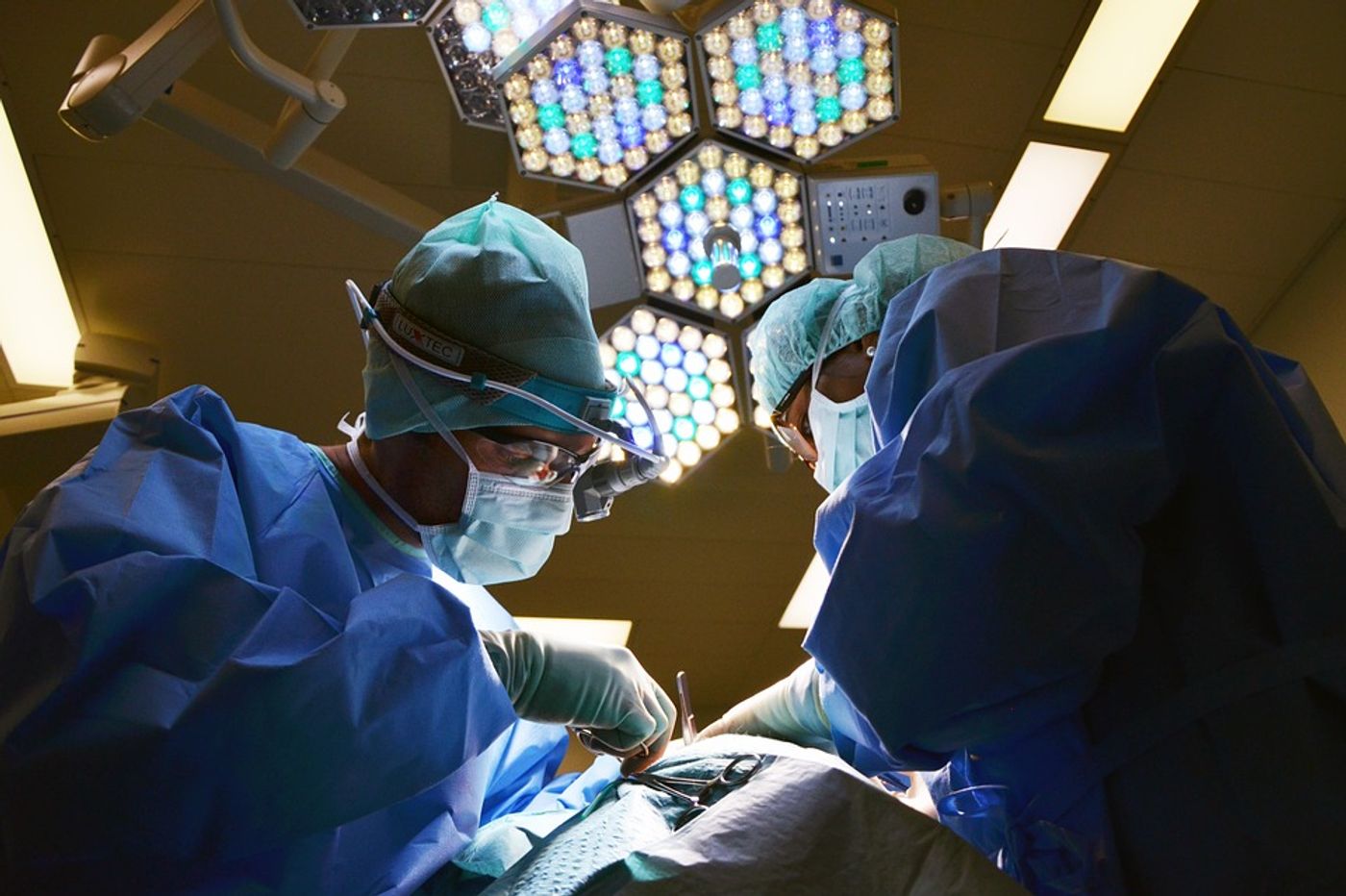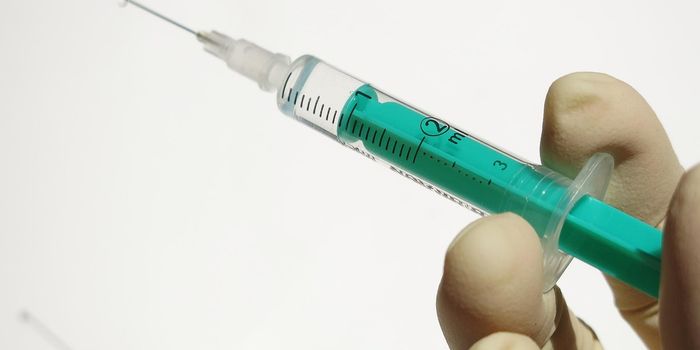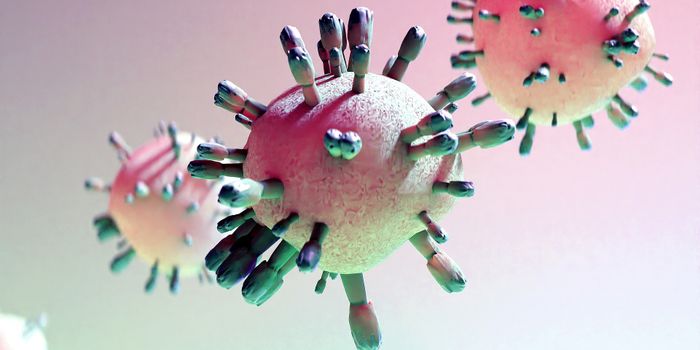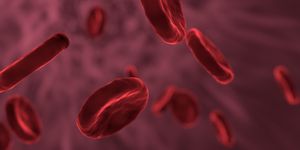New diagnostic tool for thyroid cancer
Thyroid cancer diagnoses have risen in the last thirty years from 6 per 100,000 to more than 14 per 100,000. That’s according to the Surveillance, Epidemiology, and End Results (SEER) Program of the National Cancer Institute (NCI), which also reports that in 2016, 822,242 people in the US had thyroid cancer. However, new research published in PNAS provides hope in light of these grim numbers.
The diagnostic process for thyroid cancer involves taking a biopsy using a fine needle aspiration (FNA); however, because FNA biopsies are inconclusive 1 out of 5 times at identifying cancer, doctors may often recommend surgery to remove part or all of the thyroid to play it safe. The problem with this is that those patients who receive surgery on their thyroids are required to take hormone replacement therapy for the entirety of their lives to be able to regulate metabolism, heart rate, body temperature, and blood pressure.
"If we could prevent people from having surgery they don't need and enable them to have a more precise diagnosis," says co-senior author of the study Livia S. Eberlin, Ph.D., assistant professor of chemistry and diagnostic medicine at The University of Texas at Austin, "we can improve treatment for patients and lower costs for the healthcare system."
The study details how the Eberlin and fellow researchers used mass spectrometry imaging to develop a molecular fingerprint for thyroid cancer based on the molecular profiles from tissues of 178 people with or without thyroid cancer.
Using this new molecular fingerprint proved to be successful in cutting the number of false-positive results from FNA procedures. As compared to the current FNA procedure, the new fingerprint test produced false-positive results in only 1 in 10 cases approximately. To put that into clearer human numbers, this could keep 17 people from undergoing unnecessary surgery.
"With this next-generation test," says co-senior study author Dr. James W. Suliburk, "we can provide thyroid cancer diagnoses faster and with more precision than current techniques — this will be the new state-of-the-art. We are able to do this analysis directly on the FNA sample and much more rapidly than the current process, which could take between 3 and 30 days." The researchers plan to continue their work with a 2-year trial to validate the FNA findings of roughly 1,000 people in the US, Brazil, and Australia.
Sources: PNAS, Medical News Today









